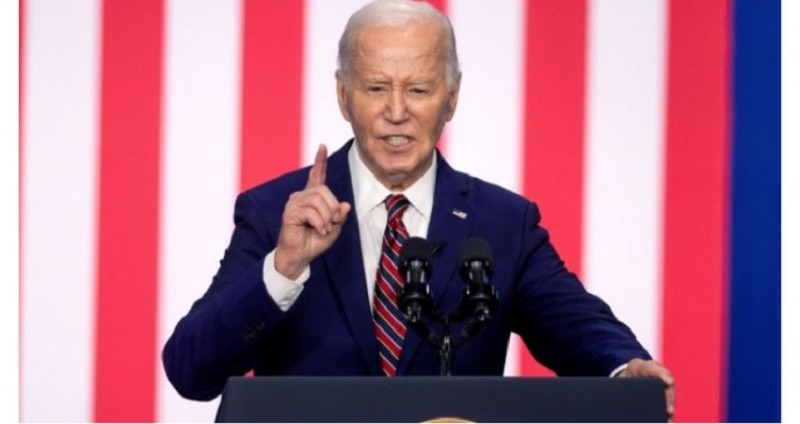
The U.S. Trade Representative (USTR) announced on Friday an extension of tariff exclusions for 352 Chinese import categories and 77 pandemic-related products until June 14. Some of these exemptions will continue through May 31, 2025.
The tariffs, originally imposed during former President Donald Trump's administration under Section 301 of the Trade Act of 1974, targeted unfair trade practices by China. These tariffs were first applied in 2018 and 2019.
The recent decision means certain goods will remain exempt from import tariffs. These include animal-feeding machinery, DC electric motors, blood pressure monitors, and thermostats for air conditioning or heating systems not connected to the internet.
The exclusions were initially set to expire on May 31. However, USTR extended them to June 14 to allow for a smoother transition. Additionally, some exemptions will last until May 31, 2025, to support efforts to shift sourcing away from China or in cases where alternative sources remain limited.
Despite these extensions, many products will face tariffs again. This includes 102 categories where no public comments supported further extension or where there was no evidence that an extension would help in shifting sourcing from China. Items affected include garage-door openers, switches for motor vehicles, printed circuit board assemblies, electric motorcycles, natural graphite, and various duffel and messenger bags.
President Joe Biden has upheld many of the tariffs imposed by the Trump administration on numerous Chinese exports. Biden has also introduced new restrictions on exporting advanced semiconductors and related equipment to China, citing national security concerns.
Earlier this month, Biden announced plans to increase tariffs on various Chinese imports, including electric vehicles, as part of a broader strategy to bolster domestic manufacturing.
The tariffs imposed by Trump in 2018 and 2019 affected thousands of Chinese imports valued at approximately $370 billion at the time. This action followed a Section 301 investigation which concluded that China was misappropriating U.S. intellectual property and coercing U.S. companies to transfer sensitive technology to conduct business.
China has criticized these U.S. tariffs as "discriminatory."
Tariffs are just one aspect of the recent tensions between the U.S. and China. Other contentious issues include Taiwan, allegations of espionage, human rights concerns, and the origins of the COVID-19 pandemic.
US to Send Additional $275 Million in Military Aid to Ukraine
How China’s Largest Military Drills in a Year Challenge Taiwan's New President Lai Ching-te
Nikki Haley Pledges Support for Donald Trump in Upcoming Election